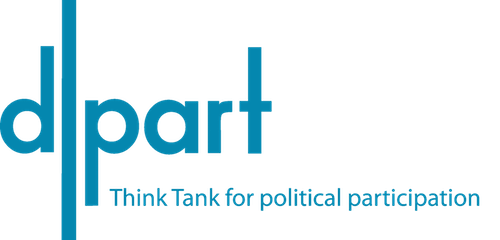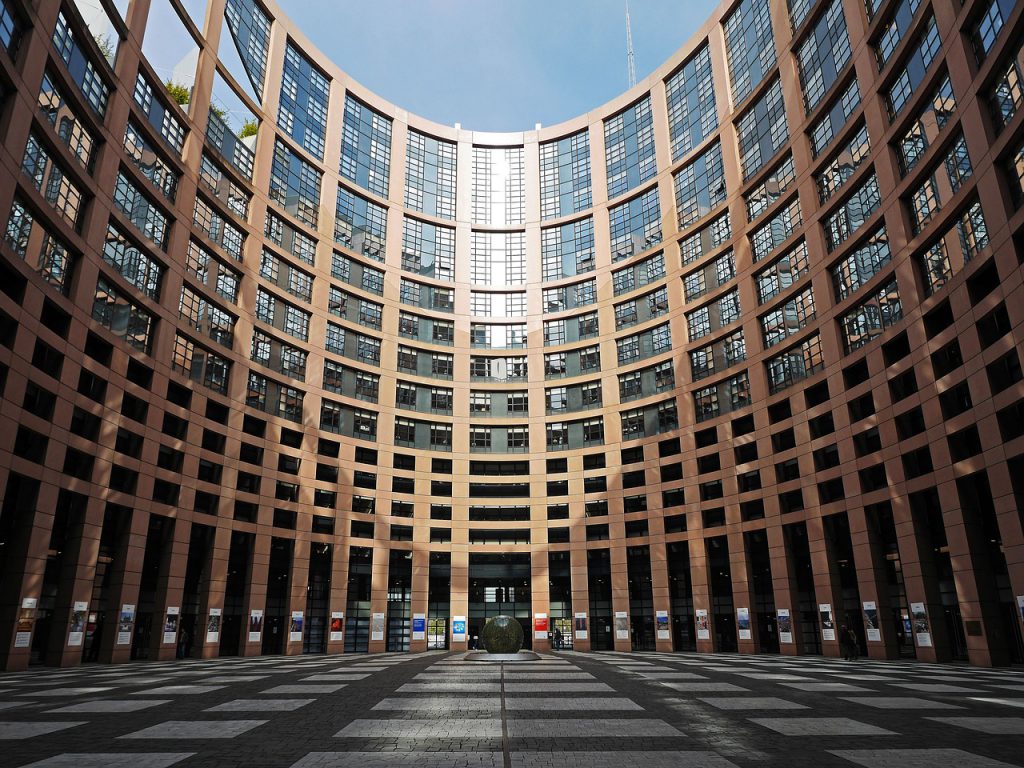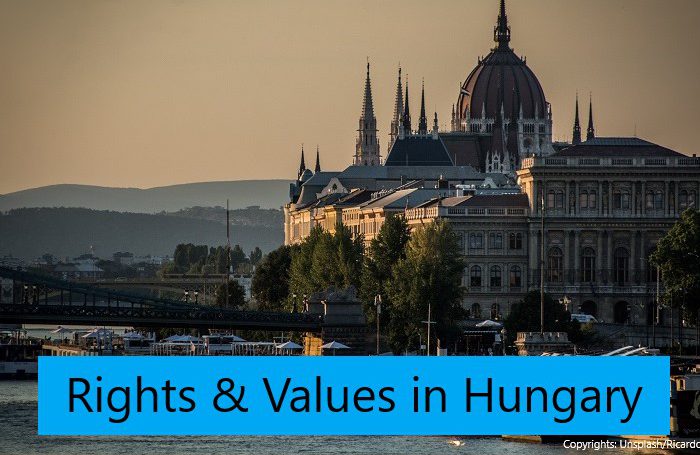Why turning the EP elections into a referendum on an open and liberal Europe is unhelpful
By Dr Luuk Molthof.
The European Parliament elections are usually depicted as a fairly dull affair. Not this time, however. The upcoming Brexit and the rise of populism have turned this May’s elections into a significant event. Europe’s mainstream politicians never seem to miss an opportunity to stress the significance of this year’s vote and to reiterate what’s at stake: European democracy, common European values, and the European project as a whole.
Frans Timmermans, Vice-President of the European Commission and lead candidate for the Party of European socialists (PES), for instance, stressed that these elections were nothing less than a fight over ‘the soul of Europe’: “Because the choice that is put before us is whether we continue to be based on democracy, the rule of law and respect for fundamental rights, or, whether we go back to the rule by power.” Emmanuel Macron, meanwhile, in an open letter to European citizens, said that this year’s elections will be ‘decisive for the future of our continent’. It was up to the European citizens, so the French President, to decide “whether Europe and the values of progress that it embodies are to be more than just a passing episode in history”.
There is no doubt that the stakes for these elections are high. A powerful populist block in the European Parliament could do significant damage to the Parliament’s effectiveness. It is therefore only rational for Europe’s mainstream politicians to want to stress the significance of this year’s vote. However, by framing these elections as a referendum about an open, liberal Europe, Timmermans and Macron are effectively contributing to an already polarised debate. They are turning these elections into a binary choice – for or against an open society, for or against liberal democratic values, for or against Europe. Yet the fact of the matter is that many voters aren’t easily classified into binary ‘tribes’ and hence risk being alienated.
Timmermans and Macron are counting on the fact that a majority of Europeans will want to live in an open, democratic Europe. And they appear to be correct. According to our Voices on Values research, a project by d|part and the Open Society European Policy Institute, conducted in 6 different European countries, only very few people outright reject an open society. An overwhelming majority of Europeans consider such principles as the freedom of expression, freedom of religion, and the protection of minority rights as important for a good society.
However, many of these ‘open society supporters’ also value a degree of ‘closedness’. This means, for instance, that some Europeans simultaneously value the equal treatment of newcomersanda restrictive immigration policy, or the protection of minority rights and the protection of the interests of the majority group. Our research further found that many ‘open society supporters’ do not automatically prioritise democratic freedoms and rights above economic wellbeing and physical security. One senior official at the European Commission’s Secretariat General explained this as follows: “Essentially, people just want to feel they are being protected. They want an open society, certainly, but with the assurance that the open society does not abolish itself.”
Our results, then, demonstrate that support for and commitment to an open society – as for the European project – comes in different shades. The framing of the EP elections as a binary choice between an open, liberal Europe and a closed, nationalist Europe, risks alienating a significant group of voters who, whilst generally supportive of an open and democratic Europe, don’t define themselves as exclusively open, liberal, and pro-European.
This is not to say that the centre (-left and right) should refrain from making the case for a liberal democratic Europe, or should even avoid making it a campaign issue. On the contrary. Now, more than ever, should politicians be defending liberal democratic values, an open society, and the European project. But to pretend that voters are faced with a simple, binary choice only furthers the current polarisation. Above all, it fails to do justice to the complexity of the European political spectrum and the different shades of openness it represents.
–
Dr Luuk Molthof is a Senior Research Fellow at d|part.
This article has first been published on the New Europeans Blog.
Disclaimer
The views and opinions expressed in this article are those of the author.




